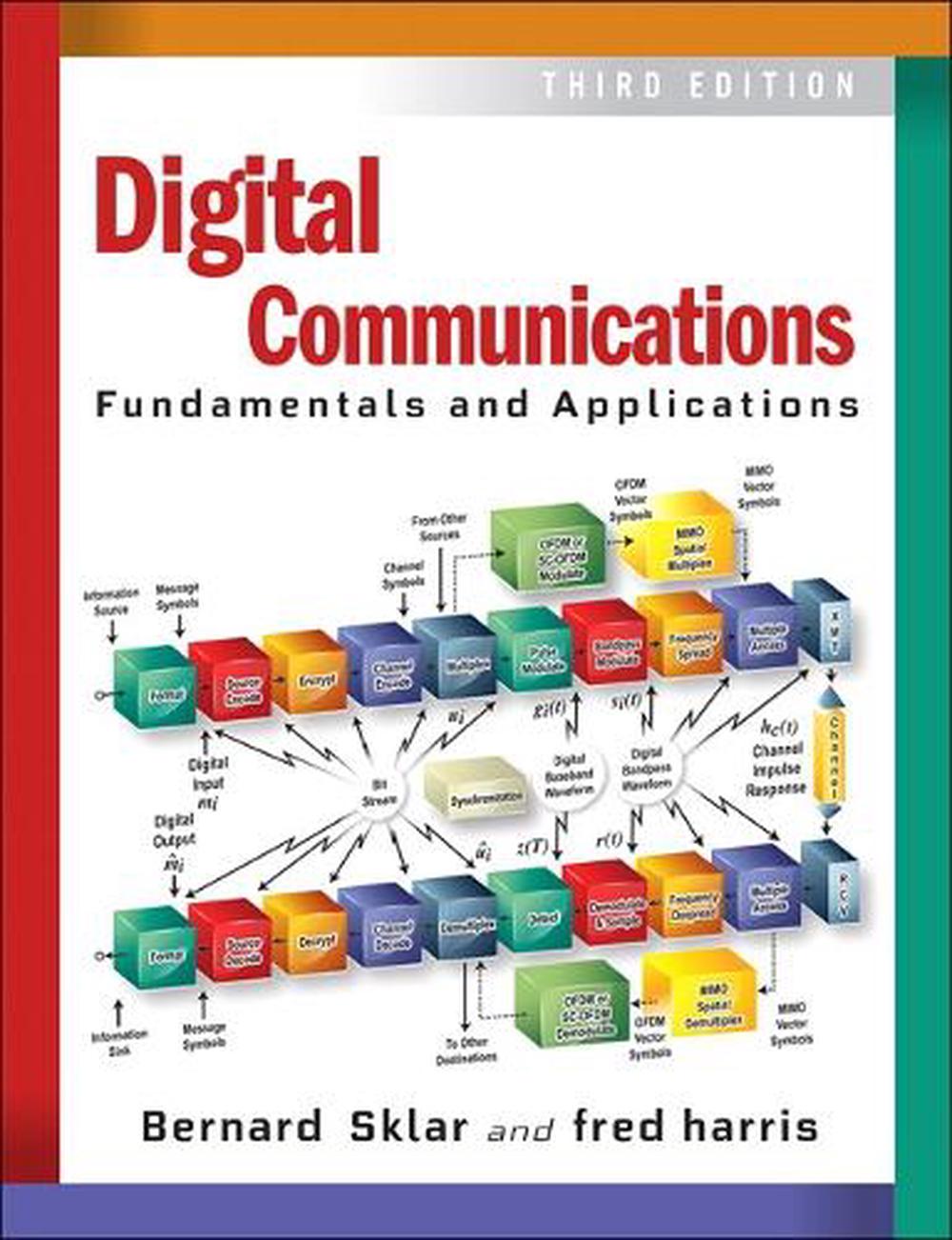
Digital Communications, 3rd Edition
Fundamentals and Applications
$200.14
- Hardcover
1136 pages
- Release Date
12 January 2021
Summary
Step-by-step coverage
With remarkable clarity, Drs. Bernard Sklar and Fred Harris introduce every digital communication technology at the heart of todays wireless and Internet revolutions, with completely new chapters on synchronisation, OFDM, and MIMO.
Building on the fields classic, best-selling introduction, the authors provide a unified structure and context for helping students and professional engineers understand each technology, without sacrificing mathematical precision. T…
Book Details
| ISBN-13: | 9780134588568 |
|---|---|
| ISBN-10: | 0134588568 |
| Author: | Bernard Sklar, Fredric Harris |
| Publisher: | Pearson Education (US) |
| Imprint: | Pearson |
| Format: | Hardcover |
| Number of Pages: | 1136 |
| Edition: | 3rd |
| Release Date: | 12 January 2021 |
| Weight: | 1.94kg |
| Dimensions: | 234mm x 182mm x 58mm |
You Can Find This Book In
About The Author
Bernard Sklar
Dr. Bernard Sklar has over 40 years of experience in technical design and management positions at Republic Aviation, Hughes Aircraft, Litton Industries, and The Aerospace Corporation, where he helped develop the MILSTAR satellite system. He is now head of advanced systems at Communications Engineering Services, a consulting company he founded in 1984. He has taught engineering courses at several universities, including UCLA and USC, and has trained professional engineers worldwide.
Dr. Fredric J. Harris is a professor of electrical engineering and the CUBIC signal processing chair at San Diego State University and an internationally renowned expert on DSP and communication systems. He is also the co-inventor of the Blackman-Harris filter. He has extensively published many technical papers, the most famous being the seminal 1978 paper ‘On the Use of Windows for Harmonic Analysis with the Discrete Fourier Transform.’ He is also the author of the textbook Multi-Rate Signal Processing for Communication Systems and the source coding chapter in the previous edition of this book.
Returns
This item is eligible for free returns within 30 days of delivery. See our returns policy for further details.




